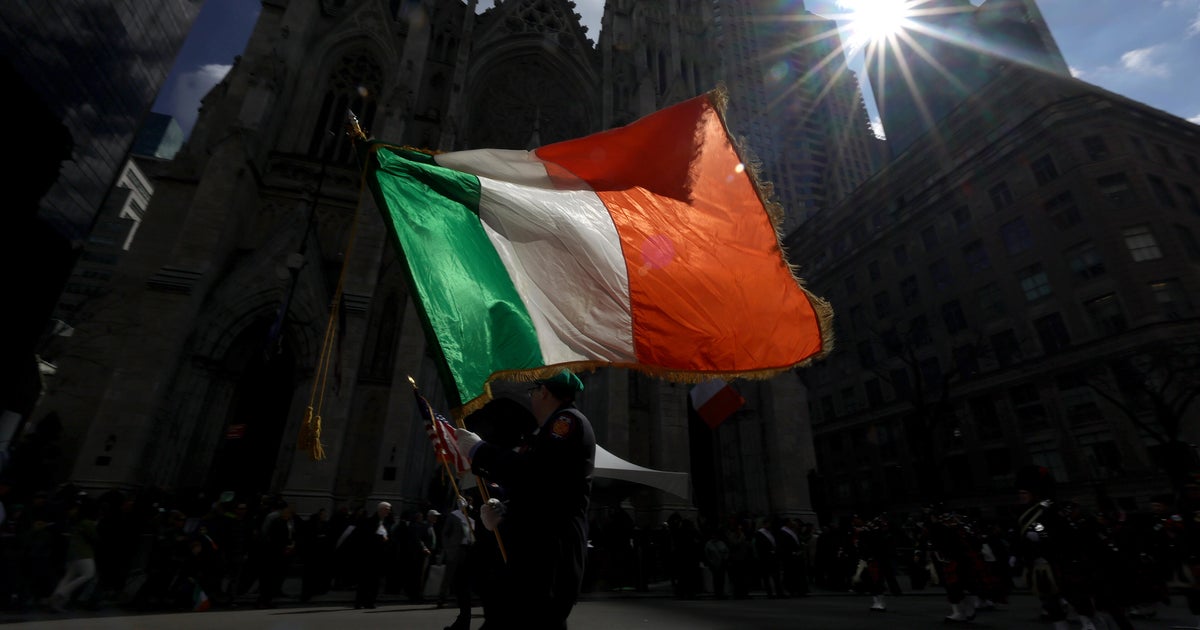NYC's Mental Health Clubhouses Proving To Be Valuable Resource For Those Suffering From COVID-Related Issues
NEW YORK (CBSNewYork) -- According to the Department of Health, 1 in 3 city residents have reported experiencing anxiety and depression during the COVID-19 pandemic.
For some, mental illness gets in the way of day-to-day activities. Now, the city is hoping more people join clubhouses to get the help they need, CBS2's Aundrea Cline-Thomas reported Tuesday.
Two years ago, Kegan Palmer was homeless when he arrived at the Lantern House.
"I was asking for help doing HOA paperwork and I needed friends because I couldn't have friends where I was staying at the shelter," Palmer said.
An unassuming building in the South Bronx is what's known as a clubhouse. Its members have severe mental illness.
From job placement to help with day-to-day life, members develop close bonds with the staff, who can also recognize when their mental illness may need more attention.
"We can intervene and prevent that from going any further or get them to the doctor, get them some help before it gets explosive," said Carline Dalton, senior vice president of Goodwill Behavioral Health Services.
There are 16 clubhouse locations strategically placed all across the city. It's a therapeutic facility without looking like one, and members say that's part of why it works.
"They don't treat me like a client. I'm not a client. It really does feel like my family away from my family," member Denise Velez said.
READ MORE: Mayor de Blasio: City-Sponsored COVID Vaccination Sites Will Offer Mental Health Support
It was three years ago when Velez arrived. She said she was homeless and in a deep depression.
"Because of them helping me with a job and everything, I was able to find my self worth and my courage and my will to get back out there and get back to work, because I felt worthless," Velez said.
The city allocated an extra $4 million to help clubhouse locations expand membership and address disparities in communities.
"It often comes from years of disinvestment and institutional racism. So, we prioritize these communities to make sure that they have the services that are necessary," said Dr. Chinazo O. Cunningham, executive deputy commissioner of the Department of Health and Mental Hygiene.
The idea is to break the stigma for services that are more important than ever, as the pandemic continues to take its toll.
For more information on the 16 clubhouses, please click here.



